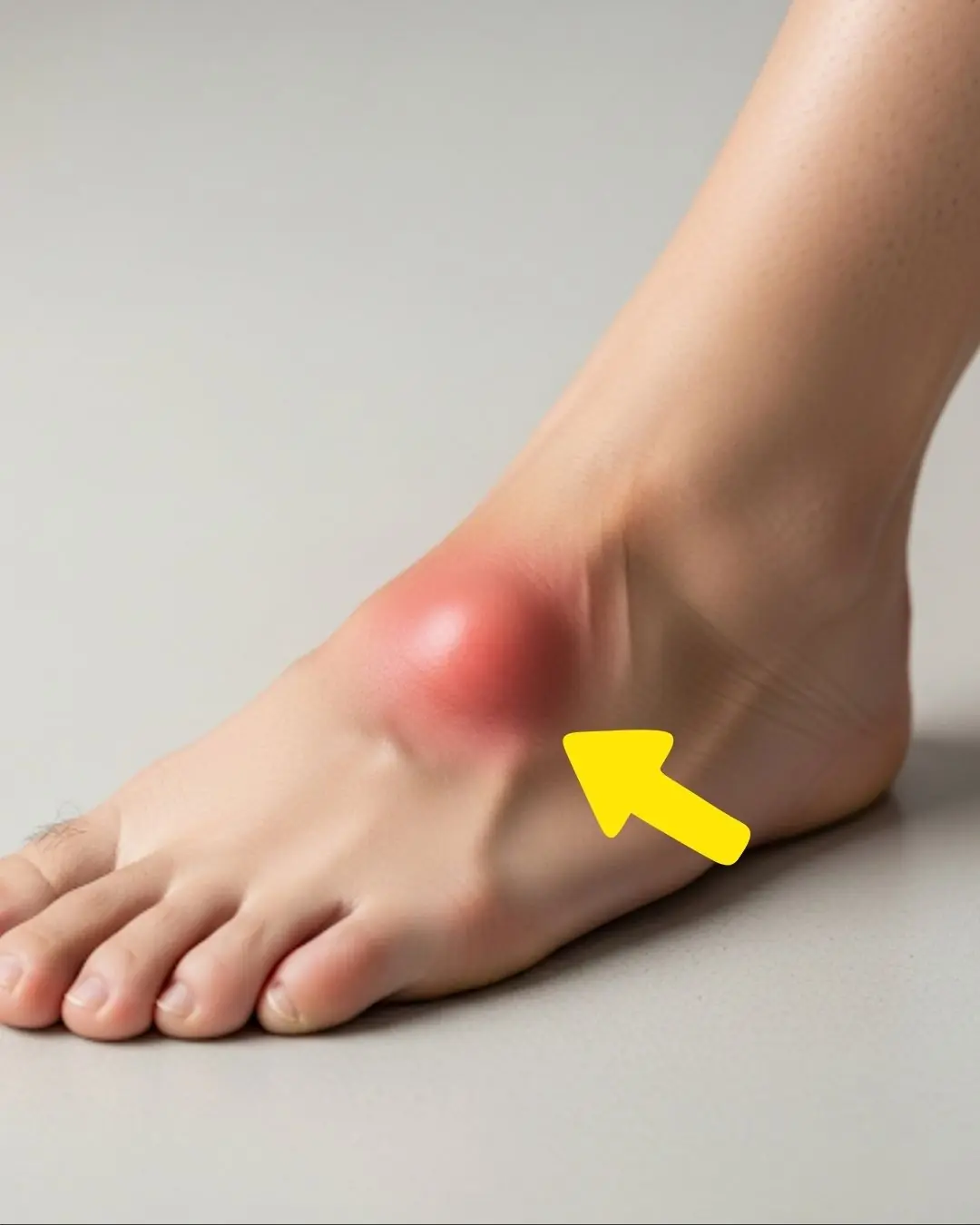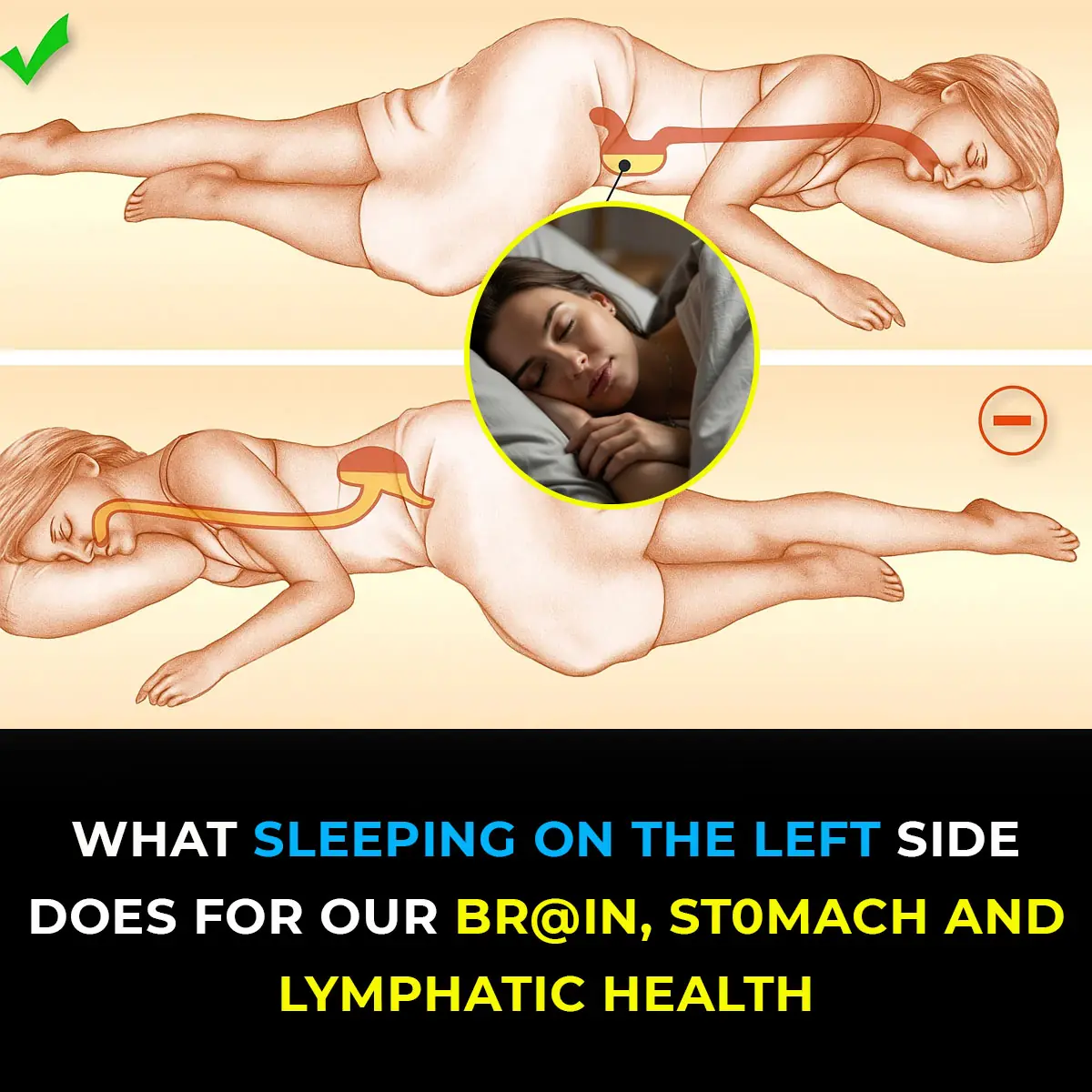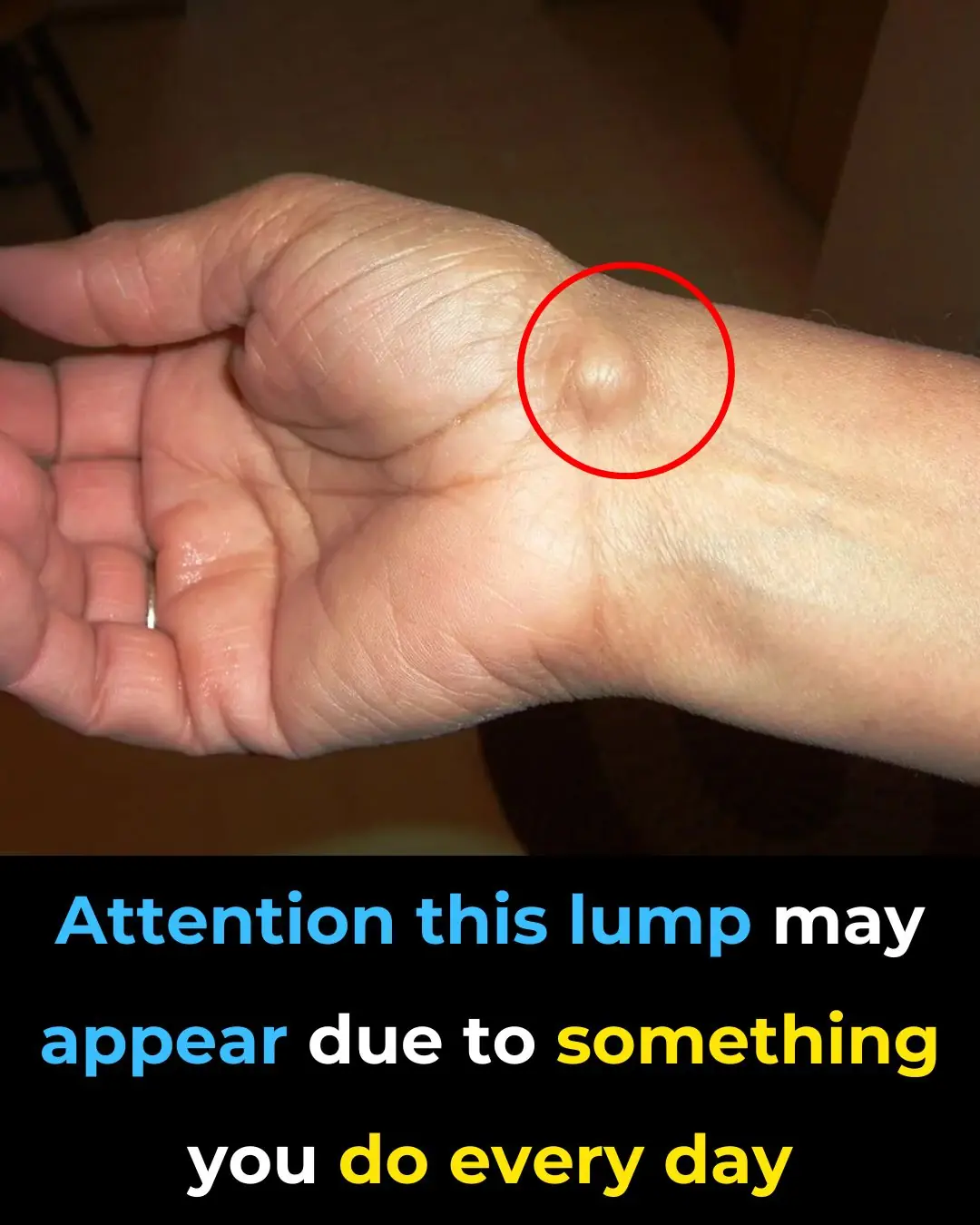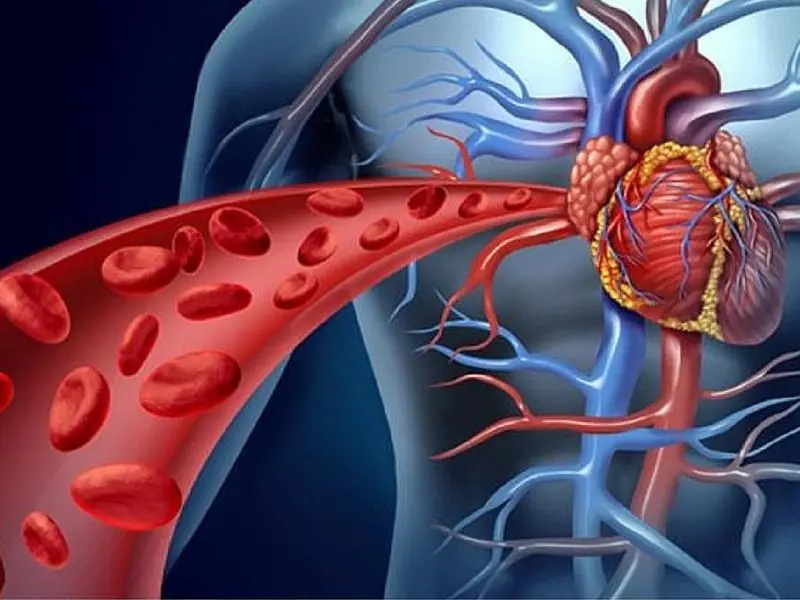
Popular blood pressure drug may raise risk of bowel problems, study finds

Are you one of the millions of people who take medication to control high blood pressure? A groundbreaking new study suggests that one common type of these drugs could have an unexpected side effect on your gut health.
Researchers from Imperial College London have uncovered a potential link between a specific class of blood pressure medication and an increased risk of diverticulosis, a condition that causes small pouches to form in the lining of your bowel. This discovery, made by analyzing the genetic data of around 750,000 people, sheds new light on the unintended effects of these widely used drugs and could help doctors make more informed treatment choices in the future.
Key Takeaways
- A new study found a link between a class of blood pressure drugs called non-dihydropyridine calcium channel blockers and a higher risk of diverticulosis.
- The research used genetic analysis to study the proteins targeted by these drugs, effectively mimicking a clinical trial on a massive scale.
- Scientists believe the medication may affect the intestinal muscles, which are responsible for moving food through your digestive system.
- It is crucial that you do not stop or change your medication without first speaking to your doctor. The risks of uncontrolled high blood pressure are severe.
What Did the Scientists Discover?
High blood pressure is a major global health issue, and medications like ACE-inhibitors, beta-blockers, and calcium channel blockers are prescribed to millions to manage it. While effective, scientists are still learning about their full range of side effects. In this study, a team at Imperial College London focused on these drugs and cross-referenced their effects with the risk for about 900 different diseases. They found a surprising connection: a specific type of calcium channel blocker, known as the non-dihydropyridine class, was associated with a significantly higher risk of developing diverticulosis.
How Did They Find the Link?
Instead of a traditional clinical trial, the researchers used a clever method involving genetics. They identified genetic variations that mimic the effects of these blood pressure drugs on the proteins they target in the body. By studying the health data of nearly 750,000 individuals, they could see if people with these genetic markers were more likely to have certain diseases. This powerful approach allowed them to isolate the potential side effect of the drug itself, leading them to the link with bowel problems. The researchers theorize that because calcium channels play a role in muscle contraction, the medication might be relaxing the muscles in the gut wall, contributing to the formation of these pouches.
What Does This Mean for You?
If you are taking a calcium channel blocker, the most important thing to know is that you should not make any changes to your medication based on this news. The study’s lead author, Dr. Dipender Gill, emphasizes that this research does not prove that the drugs cause the condition in every person, only that there is a potential link. The dangers of stopping your blood pressure medication—such as heart attack and stroke—are far more immediate and severe. This finding is primarily for the medical community, helping doctors and scientists better understand the drugs they prescribe. In the future, it may help guide which medication is best for patients who may already be at risk for bowel conditions.
Conclusion
This study is a fascinating step forward in understanding the complex ways medications interact with our bodies. While the link between this specific blood pressure drug and diverticulosis is an important discovery, it serves as a reminder that science is always evolving. For now, the best course of action is to continue with your prescribed treatment and to have an open conversation with your healthcare provider about any concerns you may have.
News in the same category


What Your Feet Are Telling You

6 Health Benefits of Sleeping In a Cold Room and How to Make it Cooler- And Why You May Not Want to Use a Fan

10 Symptoms of Diabetes That May Show Up In Your Feet

This is what sleeping on the left side does for our brain, stomach & glymphatic health

12 Best Foods To Support Digestive and Gut Health

Study suggests anal cancer is on the rise and reveals who’s most at risk

Wife Complains of a Headache, Sleeps, and Dies Without Husband Knowing: This Type of Headache Requires Immediate Hospitalization!

Shocking Effects of Sleeping Less Than 7 Hours — What Really Happens to Your Body
Getting less than seven hours of sleep might feel harmless, but science shows it can quietly damage your body in ways you don’t expect. From hormonal imbalances to skin problems and even digestive issues, sleep deprivation affects far more than just you

Doctors Explain Why You Should Never Hold Back a Fart
On average, every person passes gas 14 to 23 times per day—it’s a natural part of being human and actually shows that your digestive system is functioning properly.

Scientists Invent Smart Tooth That Grows Into Your Gums And Connects To Nerves Like the Real Thing

Scientists Say This New Stem Cell Treatment Could End Type 1 Diabetes for Good

Everyday Habits That Can Cause a This Issue To Your Hands

My Nana’s Homemade Cure for Stubborn Throat Mucus That Works Every Time

Doctors Are Shocked by What Happens When You Eat Chia Seeds First Thing in the Morning

Warning Signs of Poor Blood Circulation That Are Easy to Ignore

Notice Incredible Results For Your Digestive Problems

Medical Myths Debunked: Chocolate Isn’t Heart-Healthy

Raising the Bar on Breast Cancer Screening and Management

Top 5 vitamins to supercharge circulation in your legs & feet
News Post

If Your Feet Swell It Is a Clear Sign

What Your Feet Are Telling You

6 Health Benefits of Sleeping In a Cold Room and How to Make it Cooler- And Why You May Not Want to Use a Fan

The Hidden Meaning Behind Leg-crossing — It’s More Than Just Comfort

10 Symptoms of Diabetes That May Show Up In Your Feet

How To Properly Dispose of Ticks

This is what sleeping on the left side does for our brain, stomach & glymphatic health

12 Best Foods To Support Digestive and Gut Health

Study suggests anal cancer is on the rise and reveals who’s most at risk

Wife Complains of a Headache, Sleeps, and Dies Without Husband Knowing: This Type of Headache Requires Immediate Hospitalization!

Why Do You Keep Waking Up Between 3 and 5 A.M.? Causes, Explanations, and What It Means for Your Health

Deadly Secrets of Ticks: How to Remove and Dispose of Them Safely Before They Harm You
Ticks may be small, but their impact on human and pet health can be enormous.

Frankenstein Rabbits With Tentacle-Like Horns Spark Invasion As Rare Virus Causes Monstrous Mutations
Although they may look frightening or pitiful, they remain a natural example of how viruses can drastically alter an animal’s appearance.

Only the Sharpest Eyes Can Find All 6 Hidden Words in This Living Room Challenge
If you love solving puzzles and challenges, this viral hidden words image is just for you!

Shocking Effects of Sleeping Less Than 7 Hours — What Really Happens to Your Body
Getting less than seven hours of sleep might feel harmless, but science shows it can quietly damage your body in ways you don’t expect. From hormonal imbalances to skin problems and even digestive issues, sleep deprivation affects far more than just you

The Hidden Purpose of That Tiny Hole in a Safety Pin Will Surprise You
That tiny hole in a safety pin isn’t just decoration - it’s proof that even the simplest everyday tools can hide smart design secrets.

Doctors Explain Why You Should Never Hold Back a Fart
On average, every person passes gas 14 to 23 times per day—it’s a natural part of being human and actually shows that your digestive system is functioning properly.

This Appears to Be a Void in Space. In Truth, It’s Full of Stars in the Making

Potentially hostile’ alien threat could attack Earth in a few months, scientists claim
